
Investing in biodiversity in a modern, sustainable way
19.08.2020
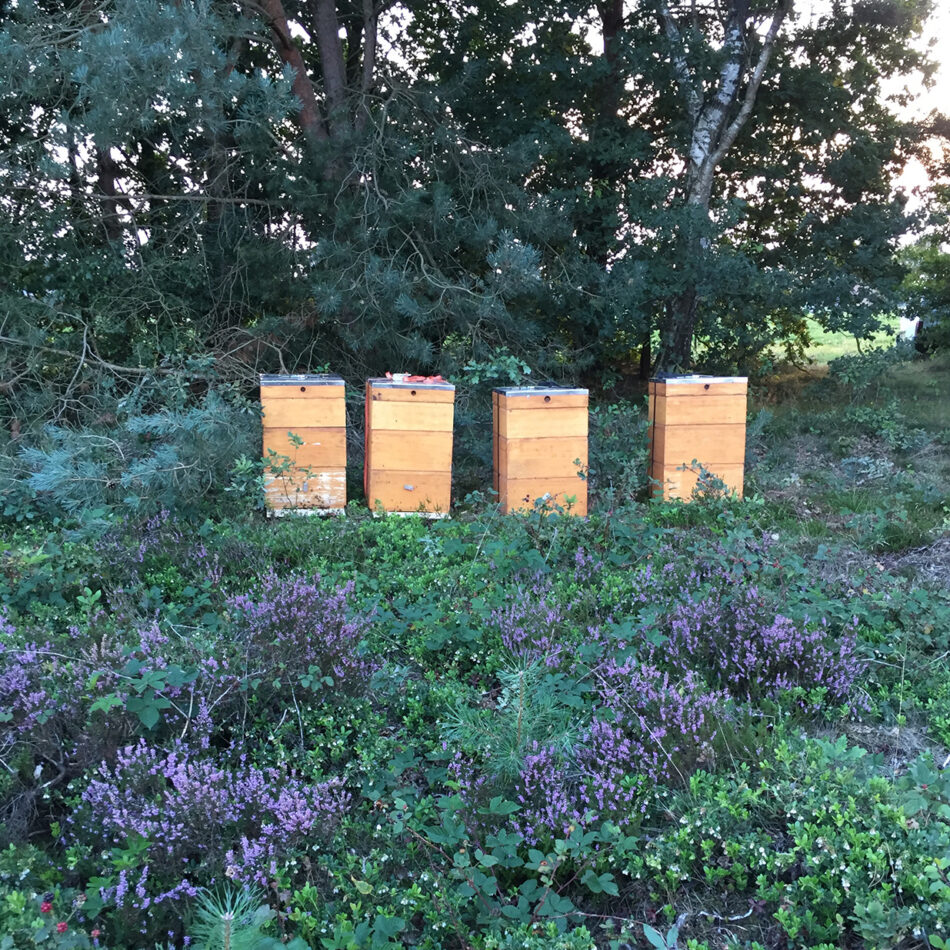
Bees are the foundation of biodiversity
This means that Bees, along with a large number of other insects, ensure that plants are fertilised. Because insects fly from flower to flower in search of pollen and nectar, they can fertilise flowers, allowing the plant to start bearing fruit. This fruit in turn ensures the reproduction of the plant. Therefore, insects play an essential role in the reproductive cycle of many plants.
The number of bees is declining rapidly. Wild bees and solitary bees are struggling in a landscape with less and less flowers.
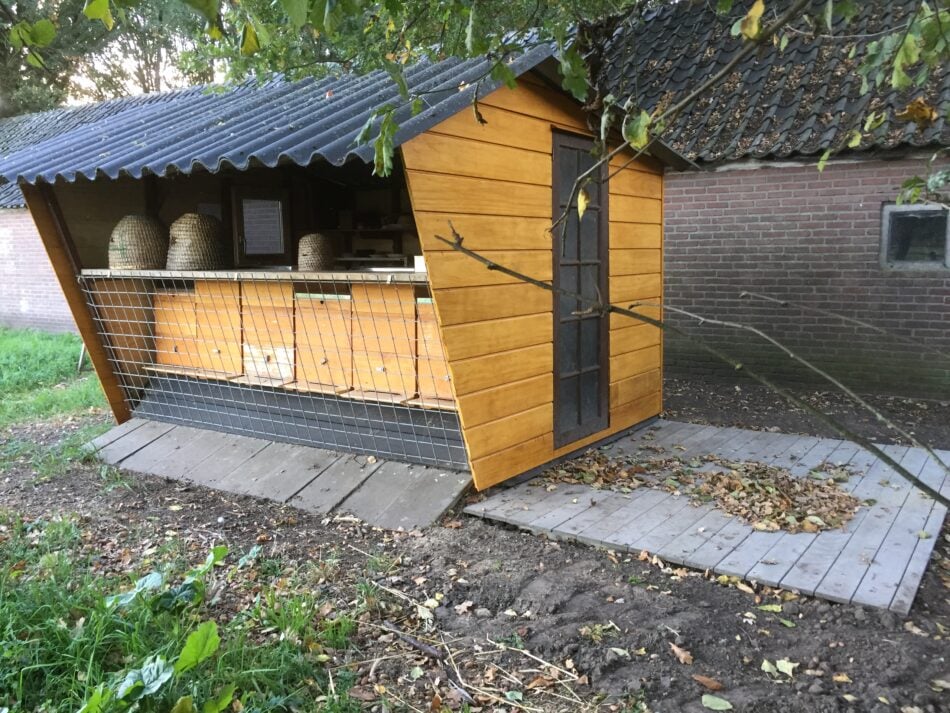
Beehive: centre of nature, bees, education and art
In the Netherlands, various towns are actively investing in combating bee mortality and providing citizens with education, for example by supporting beekeepers’ associations, installing beehives and creating bee-friendly roadsides.
The beehives are also starting to become more and more beautiful objects in the middle of nature. Made from natural, sustainable and environmentally friendly materials.
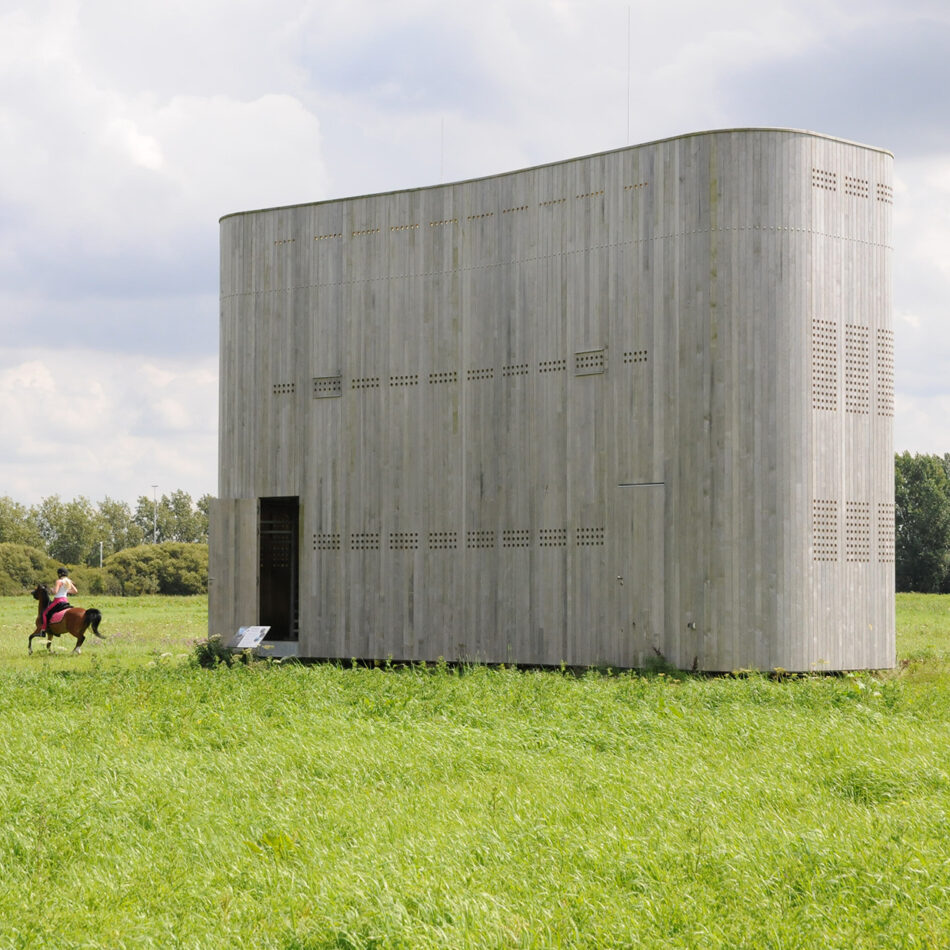
The Melarium; Insect houses, bees and art in Delft
If you drive on the A13 towards Rotterdam, the Netherlands, you will see a tall wooden building from a distance, called the Melarium. It is a work of art and used as a centre for nature, bees and art. The building has shutters on the outside as underneath are where the beehives are. Local Beekeepers have a number of beehives inside the Melarium.
The building itself symbolises a bee. “You can see the head, chest and abdomen of the insect. You may also have noticed that it has a lot of small windows. They symbolise the bee’s eyes.” What’s also special is that it is made from sustainable Accoya wood and that the Melarium is completely self-sufficient. “Energy is generated by solar panels and there is a stove where wood from the forest is burned. The toilet is flushed with rainwater: we supply drinking water with jerrycans.”
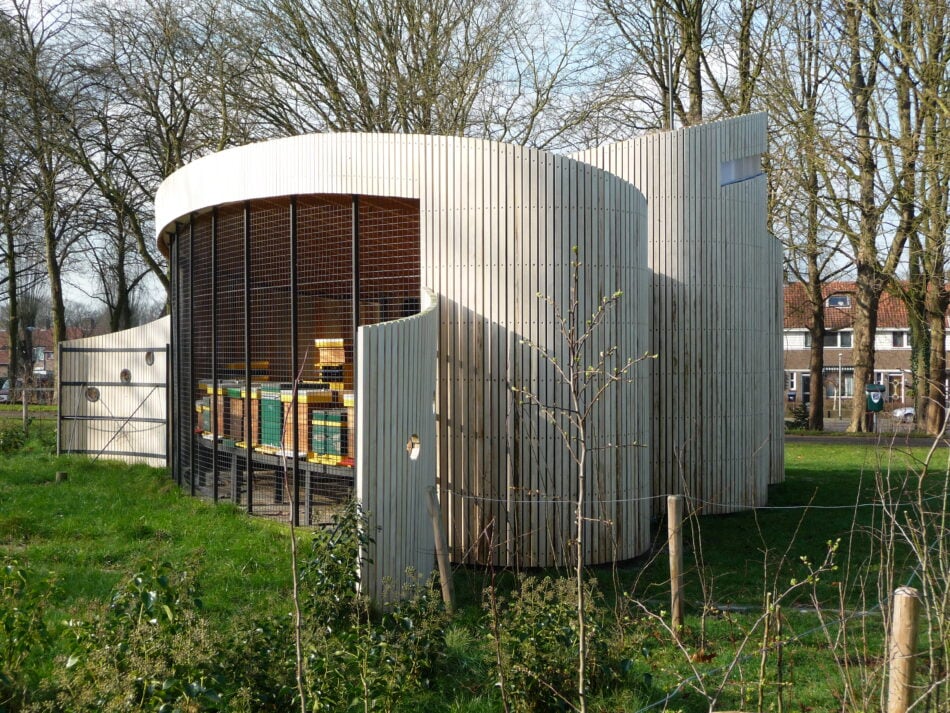
Beekeepers Association
All 12 Bee colonies from the Beekeepers Association Nijmegen and surroundings have moved to this stable. The beehive is located in the park where beekeepers have been active for 75 years. The design of the new building is based on the solstice and inspired by the shape of the bee. Sustainable Accoya wood has been used for the facade. Specified by architect, Frank Marcus, who is also an active fruit farmer and beekeeper.
This beehive is allowing the local area to meet the wishes of the Nijmegen Beekeepers Association that ‘A bee belongs’ in the Nijmegen city.
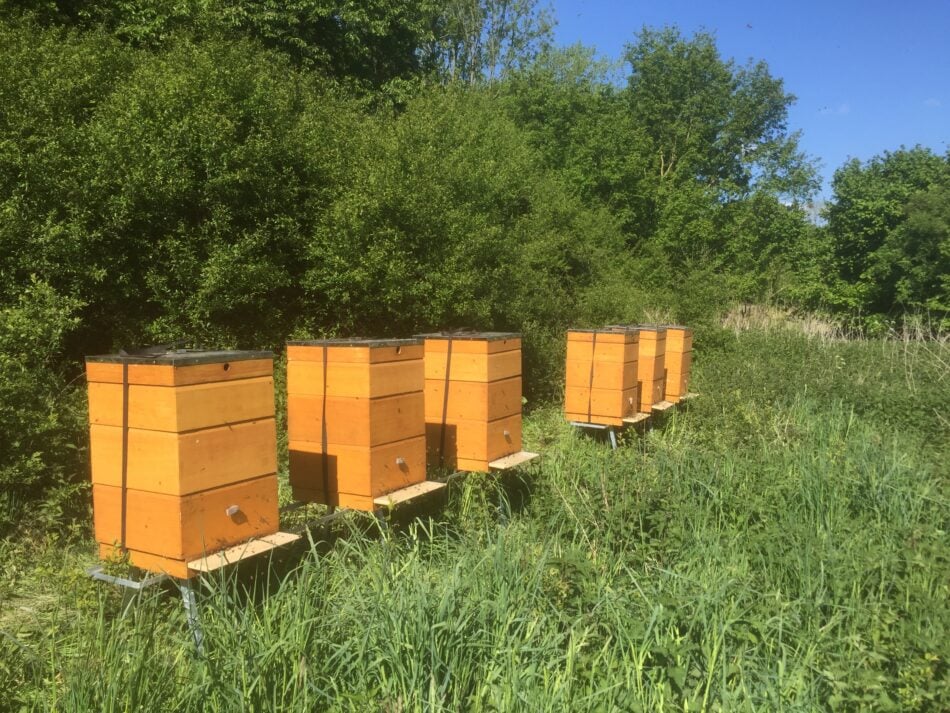
Bee a part of it
Towns with a lot of rural areas have a unique opportunity to contribute here.
The effect of installing a beehive is much greater than just “the bees themselves and a little honey.” It can not only be an interesting object, but it is also about people being aware of the fact that a bee is very important for biodiversity and therefore also for our earth, they become interested in the profession but also how they can contribute, like; sow more plants and flowers and use fewer pesticides, etc.
Projects
You may also like

Rail Shelters
Essex, United Kingdom

Botanic Gardens
Cambridge, United Kingdom

Accoya Sculpture
Rijssen, The Netherlands

Carbon Neutral Cork House
Berkshire, United Kingdom

Faculty of Forestry
Oregon, United States of America

Mannes the dog
Assen, The Netherlands
Where to Buy
You can buy Accoya and Accoya products from our selection of distributors or manufacturers in your region. Use our map search tool to find your nearest Accoya supplier.
WHERE TO BUY ACCOYA
for your next projectWhat type of Product are you interested in?
- - Select product type -
-
FIND A SUPPLIER
FIND A INSTALLER
for your next projectWhat type of are you interested in? (optional)
How will your be used?
- - Select type -
-
You are currently on the Accoya site
Would you like to visit the Accoya Site to view all relevant content for your location?